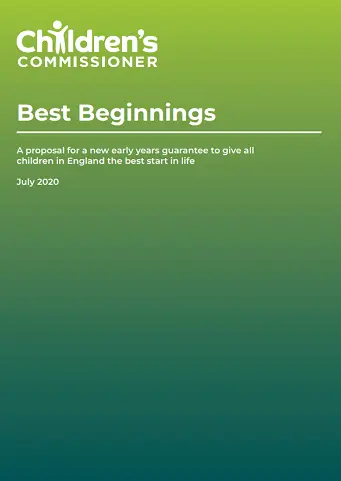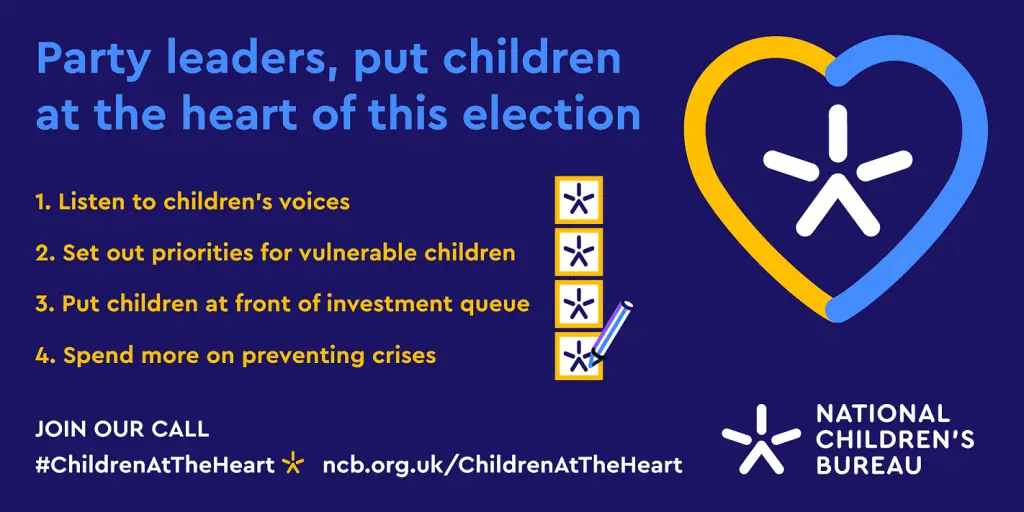- iHV joins a coalition of early years charities to warn government they’re at risk of failing a generation of babies born during the coronavirus pandemic.
- Joint Statement on the future of public health in England – giving every child the best start in life.
In a Joint Statement on the future of public health in England, the iHV, alongside nine expert early years charities, put their eight principles to Matt Hancock which must be considered when looking at health visiting. The organisations are urging Government to recognise there is a timely opportunity to rebuild the nation’s public health services for children and families.
The coalition of early years charities consists of Action for Children, the Association of Child Psychotherapists, Best Beginnings, First 1001 Days Movement, Home Start, OXPIP, the Institute of Health Visiting, NCB, NSPCC and the Parent-Infant Foundation.
NSPCC sent the Joint Statement together with an open letter to Secretary of State for Health and Social Care Matt Hancock, saying that England’s health visiting programme is not equipped to meet the challenge of the Coronavirus pandemic, and must be rebuilt according to eight principles developed by the group of early years experts.
Dr Cheryll Adams CBE, Executive Director the Institute of Health Visiting, said:
“We are delighted to be part of this important coalition sharing our joint position on the need to return investment to the health visiting service so that it may fully play its part in ensuring that all parents have the support they need. Then, and only then, will every baby have the opportunity for the best possible start in life.”
The Pandemic has also seen restrictions to the service and redeployment of health visitors, which have resulted in many families not receiving their entitled health visits. According to the Babies in Lockdown report, produced by Best Beginnings, Home Start UK and Parent-Infant Foundation, just 1 in 10 parents with children under two saw a health visitor face-to-face during the pandemic.
The organisations have long warned Government about the history of cuts to public health funding and the significant decline in NHS health visitors, which meant the service struggled to support families across the country even before the pandemic.
The letter, backed by over 2,000 members of the public, highlights that the restructure of Public Health England must prioritise giving every child a fair start in life.
Led by health visitors, all families in England are entitled to receive five check-ins from qualified health visitors via the Healthy Child Programme. However, NSPCC research with over 2,000 mothers in England, conducted with YouGov prior to the pandemic, found only 6% had been supported by the same health professional throughout the perinatal period. One in four mothers had reviews conducted via letter, text message, or a phone call instead of in-person support.
Whilst Public Health England recently announced that health visitors should not be redeployed over the winter, research by UCL found that in some areas of England, as many as 50% of staff were redeployed during the first phase of the pandemic.
Since April, the NSPCC’s helpline has received 1,897 contacts from adults concerned about parental mental health, with over half being referred for further support. The monthly average number of contacts post-lockdown has increased by over a third (34%) when compared to the average for January to March.
Dr Adams commented:
“Over the past five years we have seen an average 30% reduction in the number of health visitors in England, accompanied by a massive variation in these losses across the country. The average health visitor caseload is now 500 children, double the recommended number.
“The number of invisible vulnerable babies will have increased and perinatal mental illness is already reported by health visitors to be ‘sky rocketing’.
“The whole population will also be paying the price – the erosion of the health visitor role results in kicking the can down the road where the impact is picked up by other much more costly services. We urge the Government to listen to the voices of parents, charities and health professionals now and take urgent action to reinstate a robust health visiting service before even more damage is done.”
The NSPCC is inviting people to join the thousands who have already raised their voice and signed the Fight for a Fair Start petition.

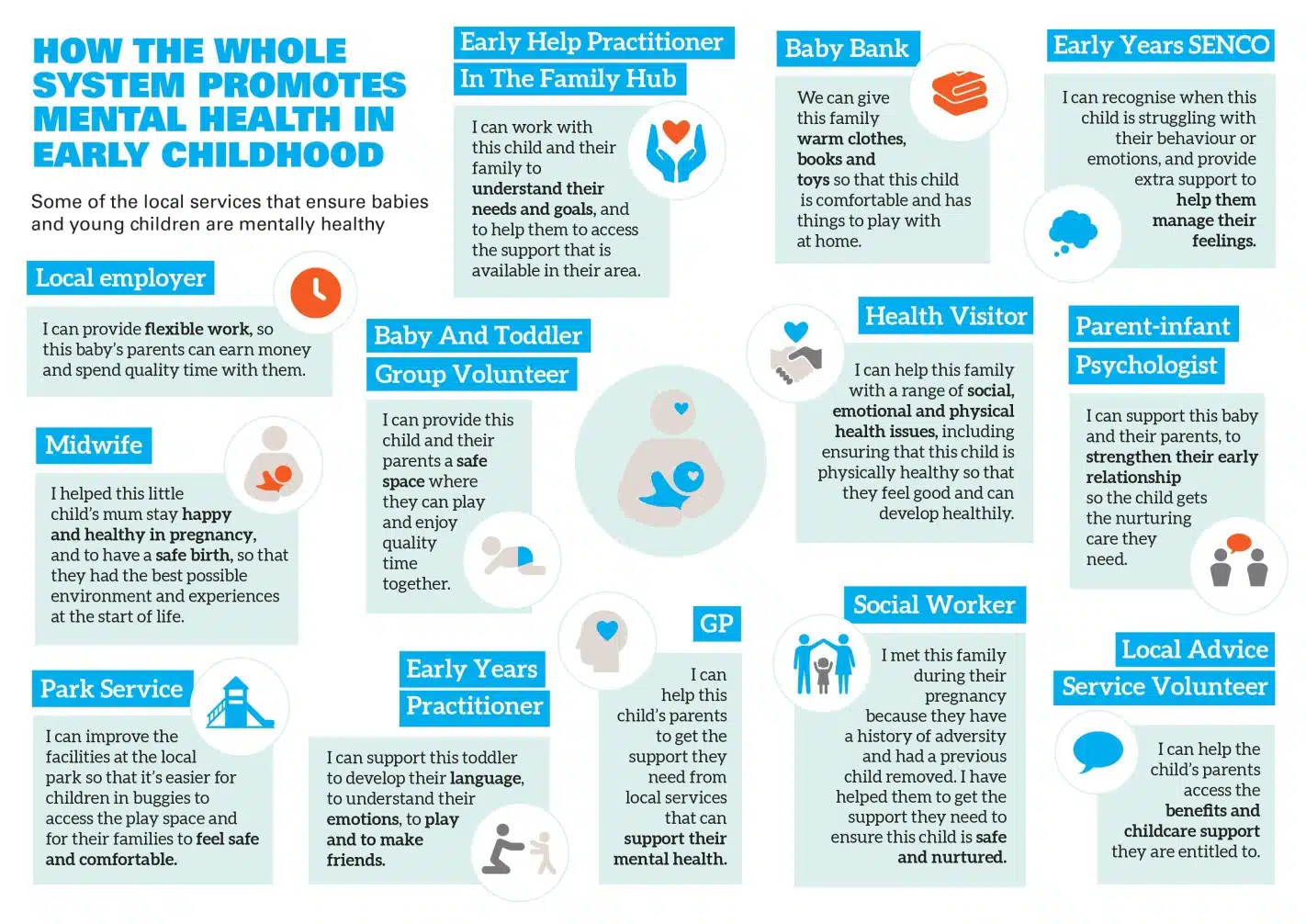
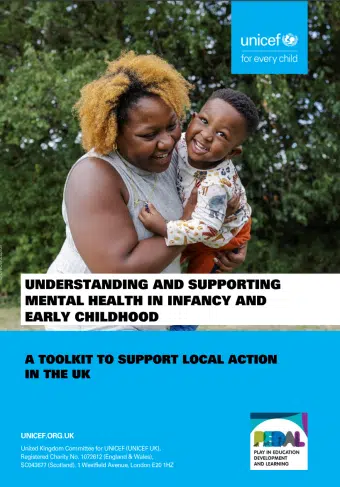

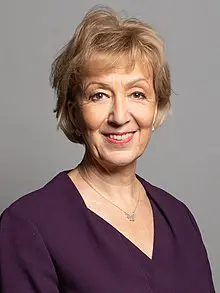
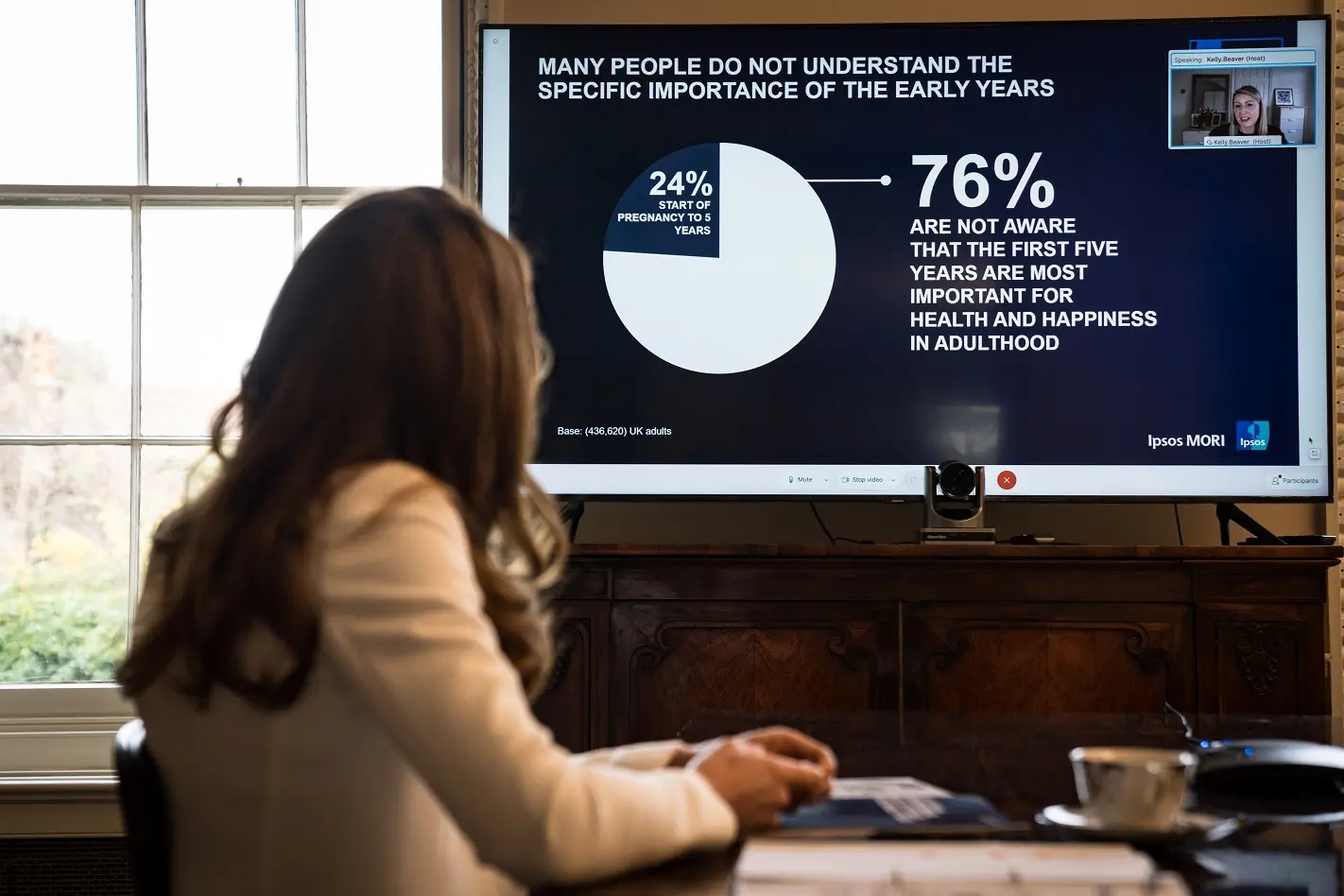
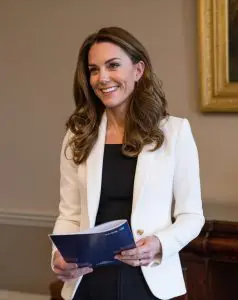

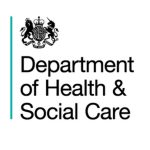 The Prime Minister has asked Rt Hon Andrea Leadsom MP to lead a new review into improving health and development outcomes of babies and young children in England. The time from conception to the age of 2 is a critical time for development and can impact physical health, mental health and opportunity throughout life.
The Prime Minister has asked Rt Hon Andrea Leadsom MP to lead a new review into improving health and development outcomes of babies and young children in England. The time from conception to the age of 2 is a critical time for development and can impact physical health, mental health and opportunity throughout life.